 |
| September 29, 2020 |
Dear Reader,
Public health experts have learned crucial lessons from the HIV/AIDS crisis that can be applied to combat COVID-19. Today's lead story examines how to build on that knowledge and use the tools gained during the height of the outbreak to fight our current pandemic. In climate news, a study concludes that 90% of cars on American roads would need to be electric by 2050 for the U.S. to stay on track with the Paris agreement's goal of limiting global warming to 2 degrees Celsius. And we also have a piece on rare reptiles that are vulnerable to extinction because of websites that sell them as pets. |
| | Sunya Bhutta, Senior Editor, Audience Engagement
@sunyaaa | |
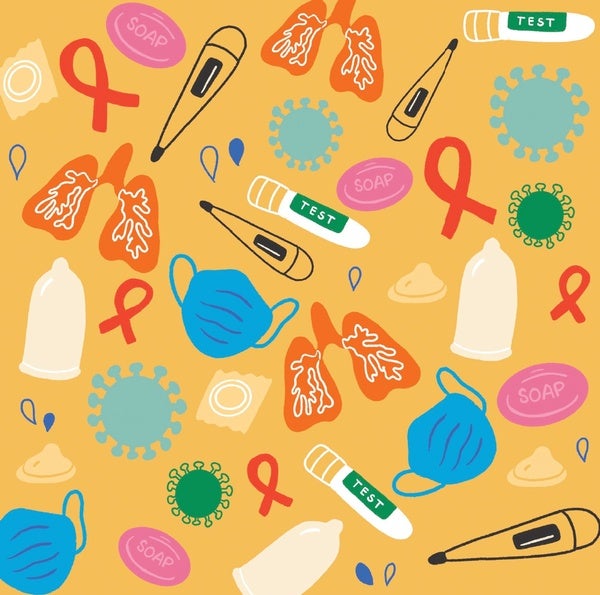 |
| |
| |
| |
| |
| |
| |
| |
| |
| The Body Dinosaurs Got Cancer Too Researchers seeking evidence for cancer in dinosaurs found it in a collection of bones at an Alberta paleontology museum. |  | By Emily Schwing | 03:21 | | | |
FROM THE STORE
 | | | |
| |
FROM THE ARCHIVE
 | | | |
LATEST ISSUES
 |
| |
| Questions? Comments?  | |
| Download the Scientific American App |
| |
| |



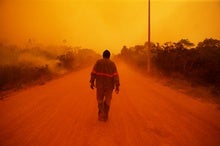
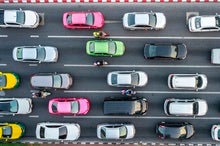
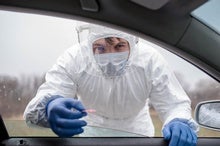

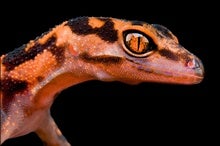
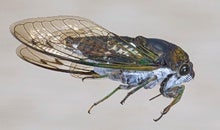

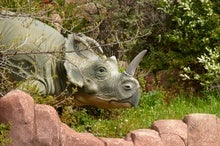
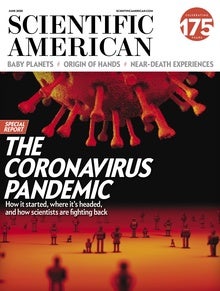

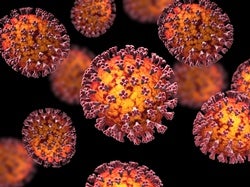
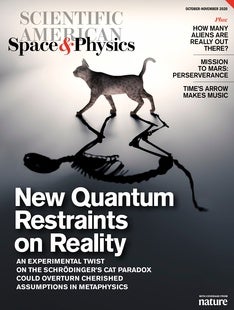

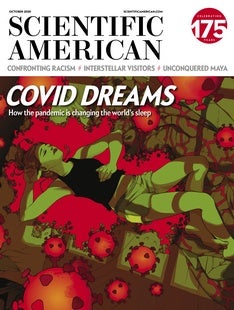
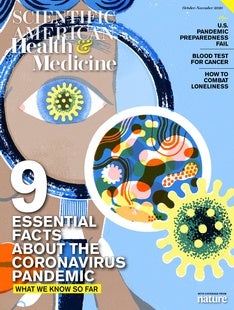
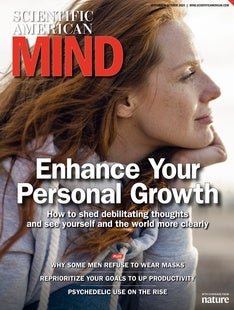



Comments
Post a Comment